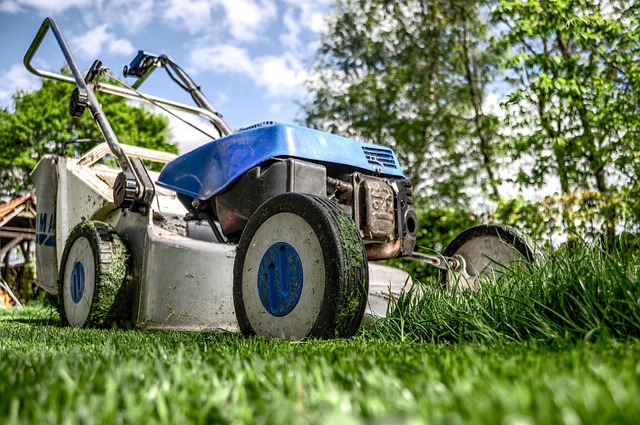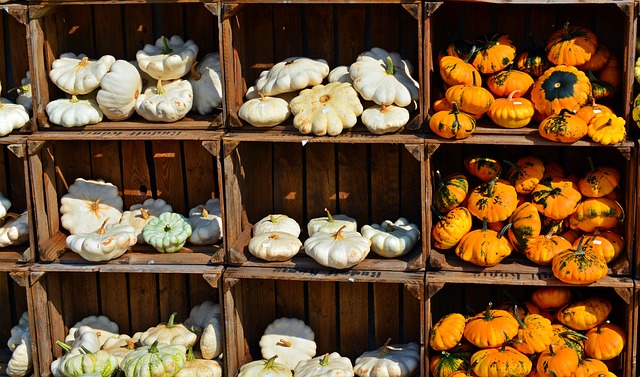Yard waste management plays a crucial role in maintaining ecological balance and promoting environmental sustainability. This includes the responsible disposal of organic materials like grass clippings, leaves, branches, and twigs through Yard Waste Removal and Recycling services, which prevent excess waste in landfills and transform organic matter into compost or mulch. Homeowners are encouraged to utilize local yard waste disposal solutions such as curbside pickup or community composting facilities to enhance garden soils with valuable nutrients and reduce reliance on chemical fertilizers. These actions not only improve green spaces but also contribute to a circular economy, where organic waste is reused as resources for both environmental health and agricultural productivity. Yard Waste Removal and Recycling processes are key to sustainable waste management, emphasizing the importance of repurposing organic waste into beneficial materials while promoting ecological health and mitigating carbon footprints associated with yard waste management. Engaging in at-home composting or using municipal recycling programs not only facilitates proper disposal but also offers practical benefits such as time savings and resource conservation, ultimately contributing to a more sustainable environment.
Managing yard waste effectively is key to maintaining a healthy landscape and protecting the environment. This article demystifies residential yard waste disposal, guiding homeowners through the process of understanding yard waste composition and its environmental significance. We’ll explore practical yard waste removal and recycling methods, highlighting options that harness the benefits of yard waste recycling for soil enrichment and sustainability. Whether you’re a seasoned gardener or new to yard maintenance, this guide will equip you with knowledge to manage your yard waste responsibly.
- Understanding Yard Waste Composition and Importance
- Effective Residential Yard Waste Disposal Methods
- Yard Waste Recycling Options and Their Benefits
Understanding Yard Waste Composition and Importance

Yard waste, encompassing a variety of organic materials such as grass clippings, leaves, branches, and garden waste, plays a significant role in maintaining ecological balance and soil health. Comprehending the composition of yard waste is crucial for effective removal and recycling processes. These materials are primarily made up of carbon-rich organic matter, which upon decomposition contributes to the enrichment of the soil with nutrients like nitrogen and phosphorus. Yard Waste Removal services are designed to manage this specific type of waste, ensuring it is disposed of responsibly or recycled into compost or mulch. This not only clears space in landfills but also creates valuable products that can be used to enhance garden soil and reduce the need for chemical fertilizers. Homeowners and landscapers alike should familiarize themselves with their local yard waste disposal options, which often include curbside pickup services or community composting facilities. By participating in these programs, communities can significantly contribute to environmental sustainability while also fostering healthier green spaces. Recycling yard waste through Yard Waste Removal and Recycling initiatives supports the circular economy by transforming organic waste into resources that benefit both the environment and agricultural lands.
Effective Residential Yard Waste Disposal Methods

Residential yard waste disposal can be efficiently managed through a combination of proactive maintenance and responsible recycling practices. One effective method for yard waste removal is to compost organic materials on-site, which not only reduces waste but also enriches soil health. Homeowners can create compost piles or bins designated for grass clippings, leaves, and garden trimmings, ensuring these natural elements break down into nutrient-rich humus that can be used in the garden. This process not only simplifies disposal but also promotes a sustainable cycle of waste management and resource recovery.
For yard waste that exceeds composting capacity or for materials that are less biodegradable, such as brush and tree trimmings, many municipalities offer specialized yard waste recycling programs. These programs often include periodic collection events where residents can bring their yard waste to designated sites for processing. Additionally, some local waste management facilities provide drop-off services for larger or more cumbersome yard waste items. It’s advisable to check with local environmental agencies for specific guidelines and available resources, as these services vary by region. By utilizing these methods, residents can effectively manage their yard waste in an environmentally responsible manner, contributing to the health of their local ecosystems and reducing the overall carbon footprint associated with yard waste disposal.
Yard Waste Recycling Options and Their Benefits

Managing yard waste effectively is crucial for maintaining a healthy landscape and protecting the environment. Homeowners have several recycling options to dispose of yard waste responsibly, which not only benefit the ecosystem but also often save time and resources. Yard waste removal services typically offer collection of organic materials such as leaves, grass clippings, branches, and twigs. These services compost the waste, turning it into nutrient-rich soil amendments that can be used to enhance garden soil quality. This process not only reduces the volume of waste going to landfills but also provides a valuable product for gardeners. Composting at home is another sustainable option, allowing property owners to recycle yard waste directly on their own land. It not only saves space in community compost bins or curbside pickup programs but also offers a ready supply of organic matter for gardening needs. Additionally, using yard waste as a resource for creating compost helps to reduce methane emissions that occur when organic matter decomposes anaerobically in landfills. Chipping or shredding larger branches can further facilitate the decomposition process and create wood chips that can be used as mulch to suppress weeds, retain soil moisture, and improve soil health. These practices not only contribute to a greener environment but also offer practical benefits for gardening and landscape maintenance. By utilizing yard waste removal and recycling services or engaging in home composting, individuals can significantly reduce their environmental footprint while contributing to the health of their yards and local ecosystems.
effective yard waste removal and recycling practices are crucial for maintaining environmental health and enhancing community aesthetics. This article has delved into understanding yard waste composition, explored practical disposal methods, and highlighted the benefits of various yard waste recycling options available to residents. Implementing these strategies not only simplifies the process of managing yard waste but also contributes to sustainability efforts. Homeowners are encouraged to take proactive steps in yard waste removal and recycling to foster healthy landscapes and protect natural resources. With the right approach, yard waste can be transformed from waste to valuable compost or mulch, benefiting both garden soil and the broader ecosystem.






